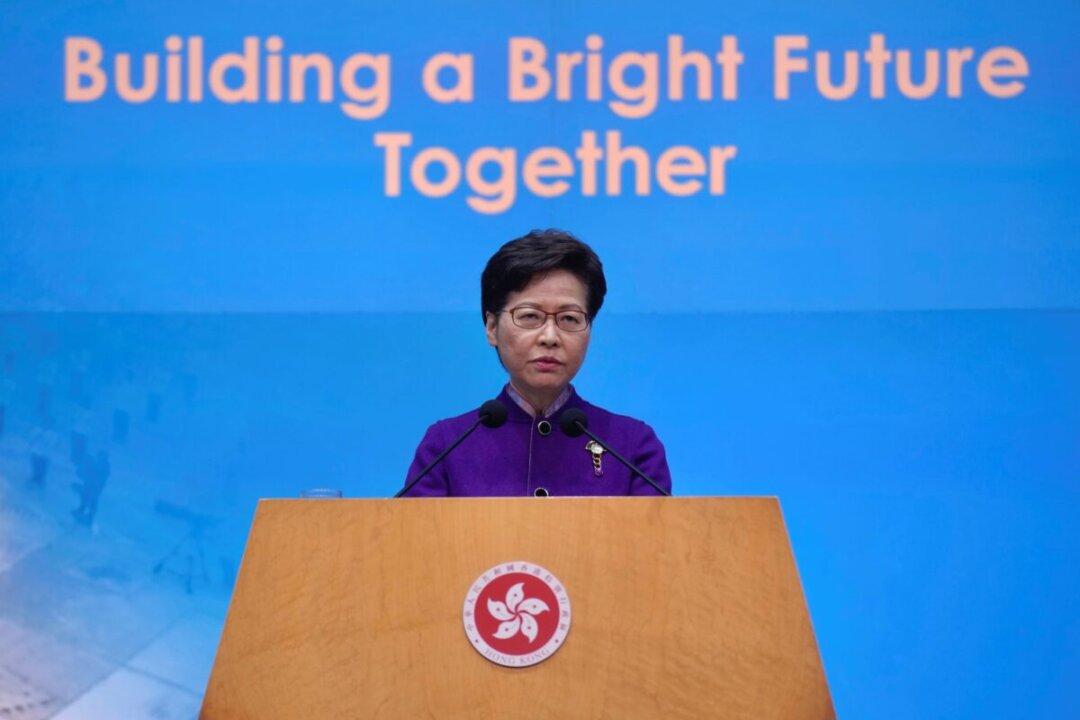Low turnout marred the first legislative election in Hong Kong under new rules written by Beijing, which was to ensure its preferred candidates win.
Only 30 percent of registered voters or about 1,350,680 people cast their ballots on Dec. 19—almost half that of the previous legislative poll in 2016—according to Hong Kong’s top election official. Over 50 percent voted in the 2012 poll, driven by anti-Beijing sentiment.




